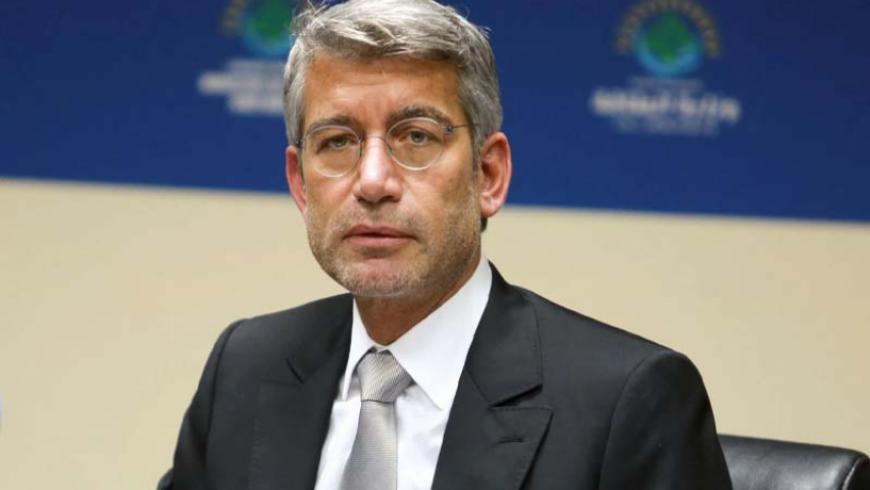Three months after its signing, the agreement to transport Egyptian gas to Lebanon via Syria faces a constant shutdown. Officials in the three countries have not announced any actual steps on the ground, while Lebanon’s Energy Minister Walid Fayyad said the Caesar Act and World Bank conditions were stalling the deal.
In remarks quoted by al-Masry al-Youm, Fayyad said that the natural gas agreement with Egypt “is broken, despite the attempt with officials in Egypt to sign the contracts.
The Lebanese minister explained that the World Bank “set requirements up to 10 items, the most prominent of which is related to the increase in the tariff price, which we have already implemented in Lebanon. We explained with the new tariff how it can cover the expenses and requirements of the World Bank.” He added that “the second thing is to establish an organizational structure for the regulatory body, and review it until we launch the subject of applications of those wishing to employ.”
The World Bank has previously pledged to finance the Egyptian gas deal to Lebanon via Syria on the condition of reforms in the Lebanese electricity sector, which has contributed tens of billions of dollars to Lebanon’s public debt. The plans, which will add up to 700 megawatts to the Lebanese electricity grid, were first put forward in the summer of 2021, but they faced several delays and are part of a U.S.-backed effort to address Lebanon’s chronic electricity shortages, using Egyptian gas that has been put forward by the United States. It is supplied through Jordan and Syria.
10 World Bank Conditions
Fayyad said that the World Bank “after a phase of negotiations last spring, changed the position and adopted a more conservative position, and added up to about ten conditions. The Egyptian side confirmed its readiness completely, and we are waiting for the World Bank.”
The Lebanese minister pointed out that “at the same time, the point of the absence of sanctions on the friends concerned with this agreement remains on the subject of Syria, which is a third party to the agreement, and its receipt of part of this gas. There was a review from the World Bank because of the Caesar Act imposed on the leaders of Syria, and which prevents them from dealing.”
In June, a State Department spokeswoman said Washington was “looking at the final contracts and terms of funding from the parties, to make sure that this agreement is in line with U.S. policy and addresses any potential sanctions concerns.”
The Lebanese government considers that the Egyptian gas deal, along with a separate deal to import electricity from Jordan, could raise the country’s electricity supply from two hours a day to up to 10 hours a day.
In early September 2021, the ministers of energy and oil of Lebanon, Jordan, Egypt and the Syrian regime agreed on a “road map” to supply Lebanon with electricity and gas through Syrian territory to solve an energy crisis that Lebanon has been suffering from for months.
This article was translated and edited by The Syrian Observer. The Syrian Observer has not verified the content of this story. Responsibility for the information and views set out in this article lies entirely with the author.


